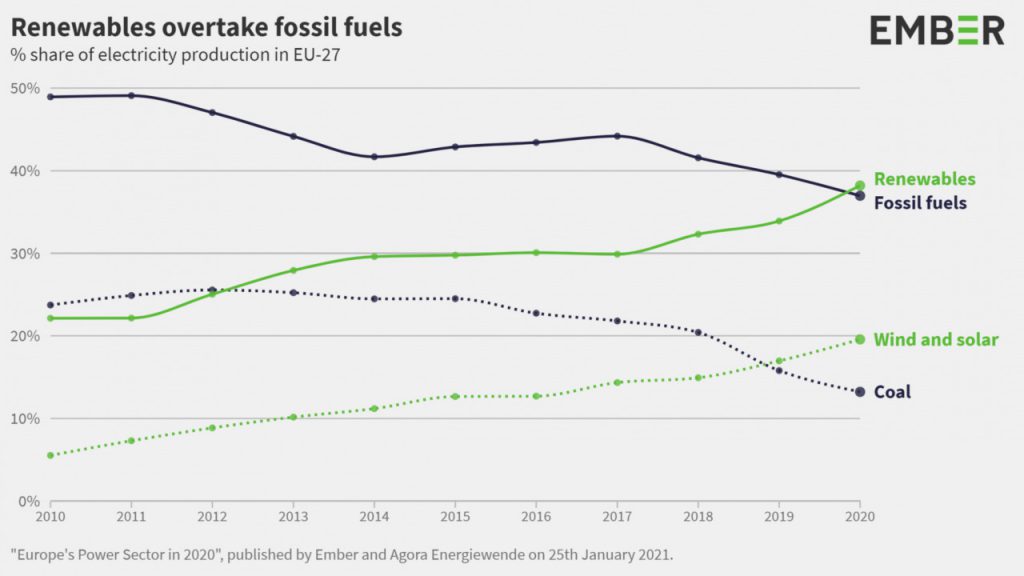In a historic milestone, the International Energy Agency (IEA) predicts that 2023 will mark the first year when investment in solar projects surpasses spending on oil production. The growing trend of directing funds towards renewable energy sources is set to continue, with the IEA forecasting that investments in renewable energy will outpace spending on fossil fuels throughout the year.

According to the World Energy Investment report by the Paris-based energy watchdog, annual investments in renewable energy have risen by approximately 25% since 2021, while investments in fossil fuels have seen a 15% increase. This significant shift in investment patterns highlights the global contrast between wealthier and poorer nations, with around 90% of renewable energy expenditure coming from industrialized economies and China.
The Executive Director of the IEA, Fatih Birol, emphasizes the rapid progress of clean energy, stating, “Clean energy is moving fast – faster than many people realize.” The ratio of investment in clean energy to fossil fuels has also seen a notable change, with approximately 1.7 dollars now being invested in clean energy for every dollar invested in fossil fuels. Just five years ago, this ratio stood at a one-to-one level.
In 2023, global energy investment is projected to exceed $2.8 trillion, with more than $1.7 trillion allocated to nuclear power, electric cars, renewable energy, and efficiency enhancements. The remaining portion, over $1 trillion, will be directed towards oil, gas, and coal. Despite the record-high demand for these fossil fuels, their investment levels are still double what is required to achieve net-zero emissions by 2050, highlighting the need for a more significant shift towards renewable energy sources.
Solar energy investments are expected to reach $382 billion in 2023, surpassing the $371 billion allocated for oil production. This substantial investment, equivalent to over $1 billion per day, underscores the pivotal role of solar power in rapidly decarbonizing the economy. Interestingly, regions with ample sunlight resources paradoxically have the lowest investments in solar power, revealing untapped potential for further growth.
While the IEA predicts a 6% increase in investment in new fossil fuel supplies, reaching $950 billion in 2023, it does not explicitly reaffirm its 2021 recommendation against supporting new oil, gas, and coal supply projects. However, demands by the IEA to cease investing in oil have drawn criticism from the producer organization OPEC, as it raises concerns about the stability and expansion of global energy supply. Climate activists and scientists have long warned about the detrimental effects of the fossil fuel sector on climate change, further emphasizing the need to transition towards renewable energy sources.
The shifting investment landscape towards renewable energy signals a transformative path forward in the fight against climate change. By redirecting financial resources from fossil fuels to sustainable alternatives like solar power, we have an opportunity to accelerate the transition to a cleaner and more sustainable energy future.








